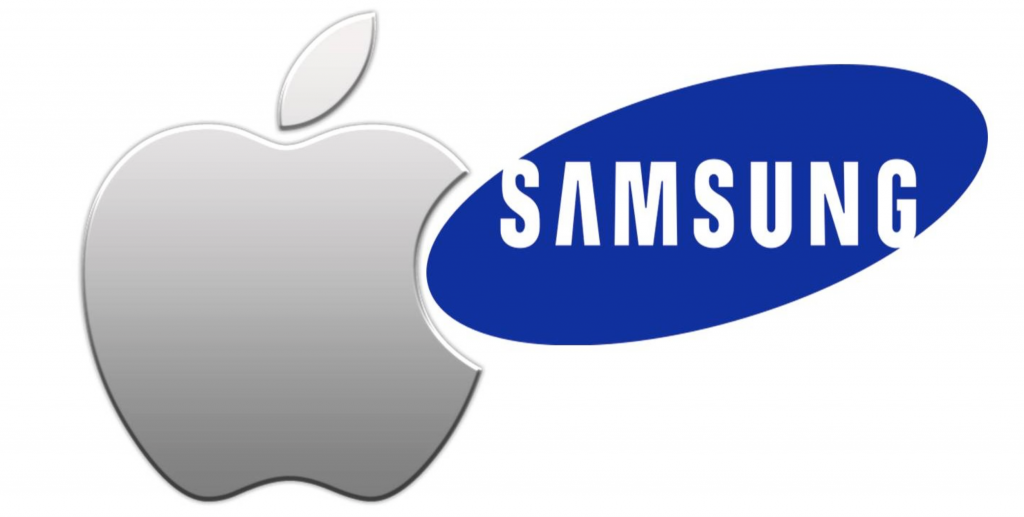 That’s one of the questions in the recurring litigation between Apple and Samsung. Next month, the two firms will begin a fourth trial in their multiyear battle over intellectual property for smartphones. Two weeks ago Apple, according to Law360, “asked a judge…to bar Samsung from telling the jury about reexaminations that have tentatively found some of Apple’s patents invalid.”
That’s one of the questions in the recurring litigation between Apple and Samsung. Next month, the two firms will begin a fourth trial in their multiyear battle over intellectual property for smartphones. Two weeks ago Apple, according to Law360, “asked a judge…to bar Samsung from telling the jury about reexaminations that have tentatively found some of Apple’s patents invalid.”
Then on Friday, in a separate case, another court did in fact invalidate two of the many patents in question, tossing out a May 2014 verdict that had awarded Apple $120 million.
The U.S. Federal Circuit Court of Appeals dismantled a San Jose jury’s findings in the second trial between the two rivals, essentially concluding that the technology at the heart of Apple’s lawsuit was so obvious that Samsung could not be punished for incorporating it into its smartphones. The appeals court added salt to Apple’s wound by upholding a $158,000 judgment against the Cupertino company for infringing a Samsung tech patent involving camera features.
To most casual observers, paying damages for patents that no longer exist and should never have been granted might seem wrong. Denying jurors the knowledge that the patents no longer exist may also seem odd and unfair. But this is patent law, and over the last few decades common sense hasn’t always applied. We thus got an explosion of patents issued for questionable “inventions,” especially for obvious software code, business practices, and even graphic designs. We also suffered a corresponding explosion of patent litigation.
Fortunately, common sense has in the past few years been making something of a comeback. The Supreme Court has reined in some of the worst abuses of trolls and the over-issuance of software patents. The Apple-Samsung cases highlight some of the remaining relics of patent law left over from a pre-digital world. Such as how to handle products that contain tens of thousands of pieces of intellectual property. Or, as in this case, how to clean up after several decades of over-issuance of questionable IP.
If you were a juror, would you want to know if the IP at the heart of the case was highly suspect or nonexistent? The law in this realm may be complicated. But as a matter of right and wrong, it seems pretty straight forward.